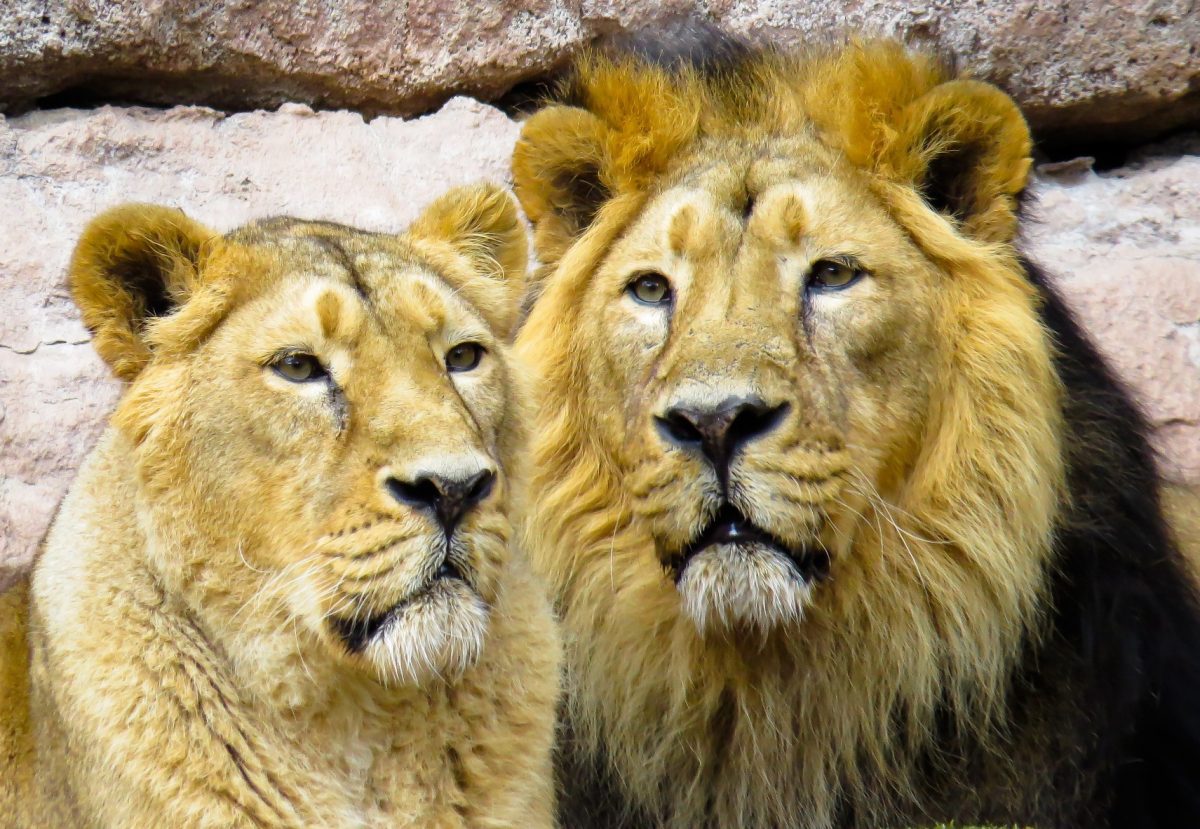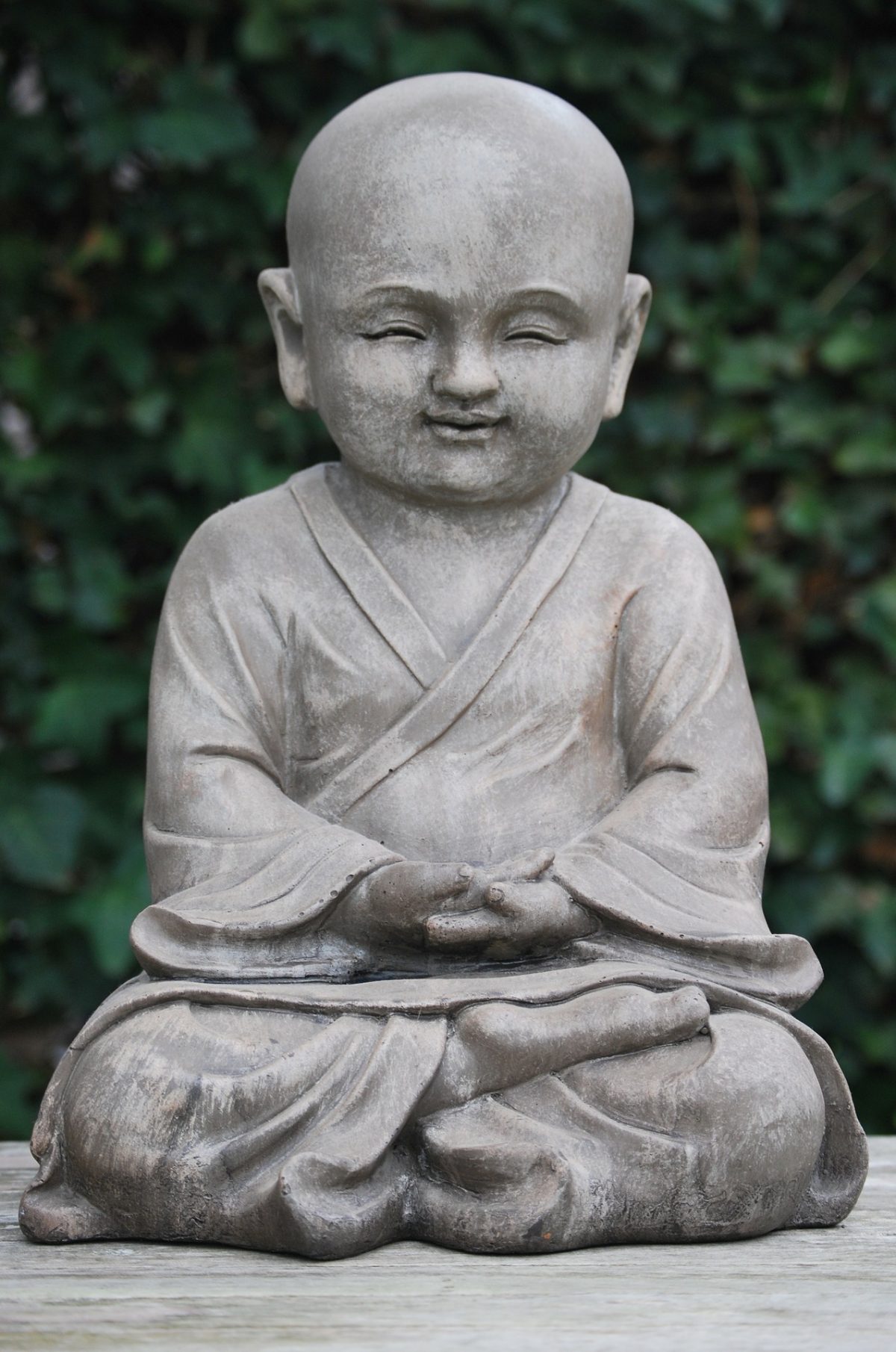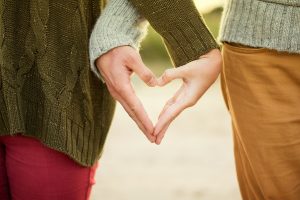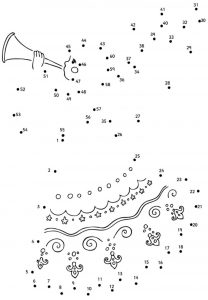‘The job of the initiator…. is to prove to the boy or girl that he or she is more than mere flesh and blood. ‘
Iron John by Robert Bly
I struggle with the polarities of feminism and patriarchy. We are, not only, interconnected beings, but, more critically than that, the perpetrators of patriarchy have been birthed from the vaginas of women.
Women have been just as much of an integral cog in the creation of the ‘demonised’ patriarchy as men; we are a dominant and powerful influence on the children we birth and raise in this world.
This is what we can no longer ignore. We can no longer speak from the place of victim but must acknowledge our own accountability towards the state of our lives and the lives of our ancestors and our future generations.
When we raise our children we need to be deeply aware of the choices we make towards them, this is not about academic education, status, employment; this is about the psychology of raising a child. What creates a grounded, stable, kind, compassionate being? Our role as parents, mothers and fathers, is critical.
The deep truth is that it is not about gender, it is about love. Both women AND men are being abandoned by our current structure, where we place emphasis in all the wrong places. Women’s opportunities being suppressed, men committing suicide at horrendous rates, LGBT communities persecuted. This is not about feminism or patriarchy, it is about our humanity towards each other.
Our children need to feel deeply & soulfully loved in order to be able to walk into the world with kindness and compassion. And this is not as simple as saying ‘I love you’ and packing them off to daycare or nannies or school or extra classes. This love is not about who there are going to be in the world it is about who they already are – a soul, born with all the potential of total acceptance. We teach our children to hate, we teach our children to fear, we teach our children to create clear separate identities to each other. Parents are responsible for every generation that comes forth, it is the single most important job in the world and it’s time to take it more seriously.
It is time to focus on healing the wounds that prevent us from raising our children well, to be wholly accountable for the impact our own actions and choices create in the world.
I will not call myself a feminist when my brothers are being punished for acting out their wounds nor will I align myself with the patriarchy when my sisters are struggling to reach their power.
I will continue to advocate for emotional healing and natural parenting to be the only recourse to humanitarian living, to kindness.
To love.
“… It is easy to love the part of ourselves which resembles a radiant God but real love is to also to love the part of ourselves which is like an imperfect, lost, grief-stricken wanderer lying by the roadside. This wandering, grief-filled soul exiled in the broken world is redeemed by our love, and at the same time this lost wanderer is the one who will guide us home…”
Jason Hine






